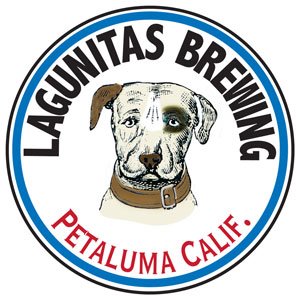
The Petaluma, Calif.-based brewery has grown rapidly in recent years, increasing production sevenfold between 2012 and 2013, which is what the financial firm looks for in potential investment opportunities.
“Usually if a brand is growing bigger than the industry, we like that,” said Chris Nay, senior managing director of food & beverage with GE Capital’s corporate finance division. “If the craft beer space is growing at 15, 20 percent, but their brand inside the space is growing 30 percent, I know they have something special.”
Tony Magee, founder and CEO of Lagunitas, said the firm’s experience in the space should help the company achieve its growth goals.
“GE Capital understands the craft beer industry and worked closely with us to develop the right financing solution,” he said. “Having a lender with targeted industry expertise helps us to meet our growth and expansion needs.”
Though beer has been in the tanks in the Chicago brewery for a couple months now, Magee cut the ribbon on Lagunitas’ new $26 million facility this past Tuesday.
Nay said that the craft beer industry at large has piqued the firm’s interest as well, and that GE Capital is actively looking to make more loans, “We call on a lot of beer companies,” to pursue potential investment deals.
“We’re focused probably on the top 20 craft brewers out there,” he said. By the Brewers Association’s most recent count, Lagunitas is the fifth largest craft brewer in the country.
“It’s fair to say we like the craft brew industry and we’re always looking for the right investments,” added Nay. “I think it’s the middle market stuff that we see out there, there’s a lot of innovation and I think it shows real well in the craft brew space.”
To that point, Nay also expounded a bit on what brewers need to consider should they be eyeing these types of deals.
“A craft brewer should be thinking of all aspects of the capital structure, whether they need equity, mezzanine debt, or senior secure debt,” he said, “they should be looking at all aspects and that kind of runs the gamut.”
The firm does seem to think companies in the food and beverage space would like to pursue these types of deals; GE’s second quarter Food & Beverage Industry Economic Outlook survey found that 53 percent of executives in the space are “considering plans for financing for equipment,” compared with 35 percent in the broader middle market.
Additionally, the survey found, 46 percent “plan to increase their capital expenditures compared to last year.”
The survey was based on input from 50 respondents in the food and beverage industry with companies whose sales range from $10 million to more than $1 billion.
